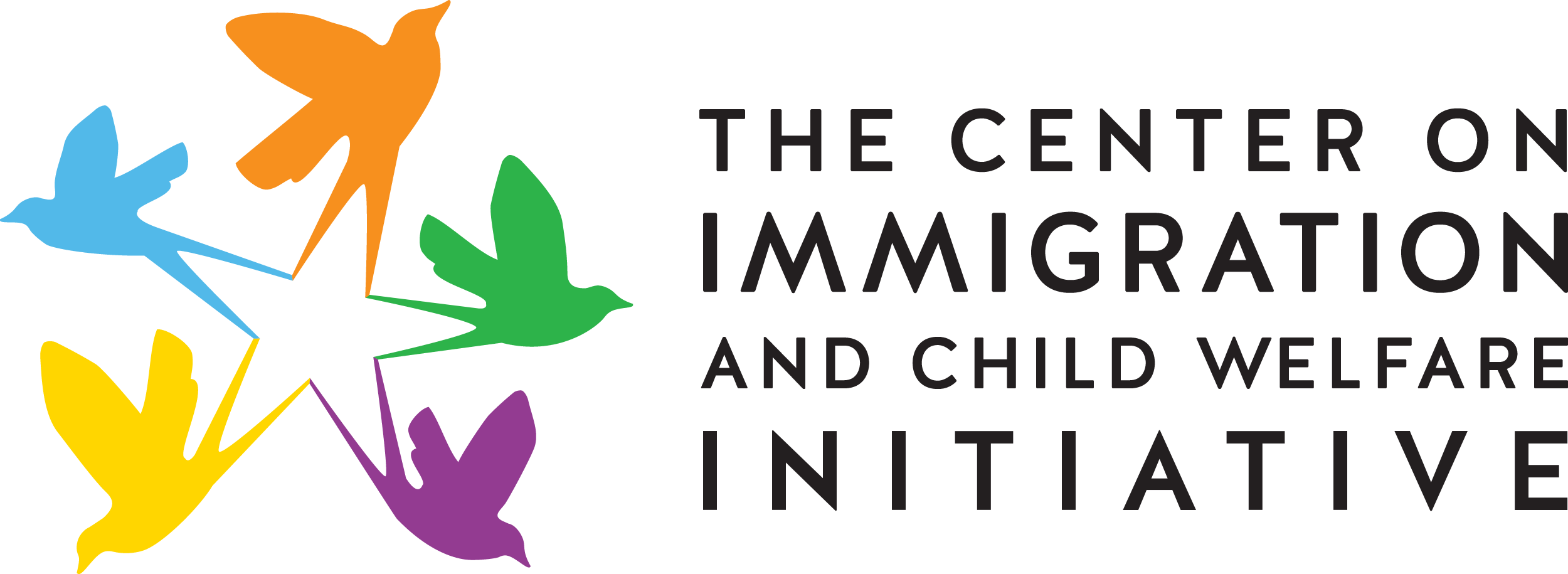“We Need to Take Away Children”: The secret history of the U.S. government’s family-separation policy
Caitlin Dickerson, The Atlantic (August 7, 2022)
This in-depth investigative report provides a detailed account of the family separation policy implemented during the Trump administration, including interviews with key decision makers.

